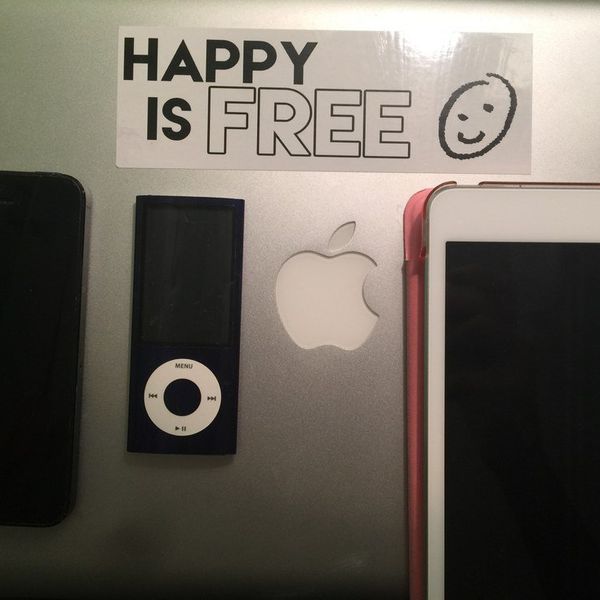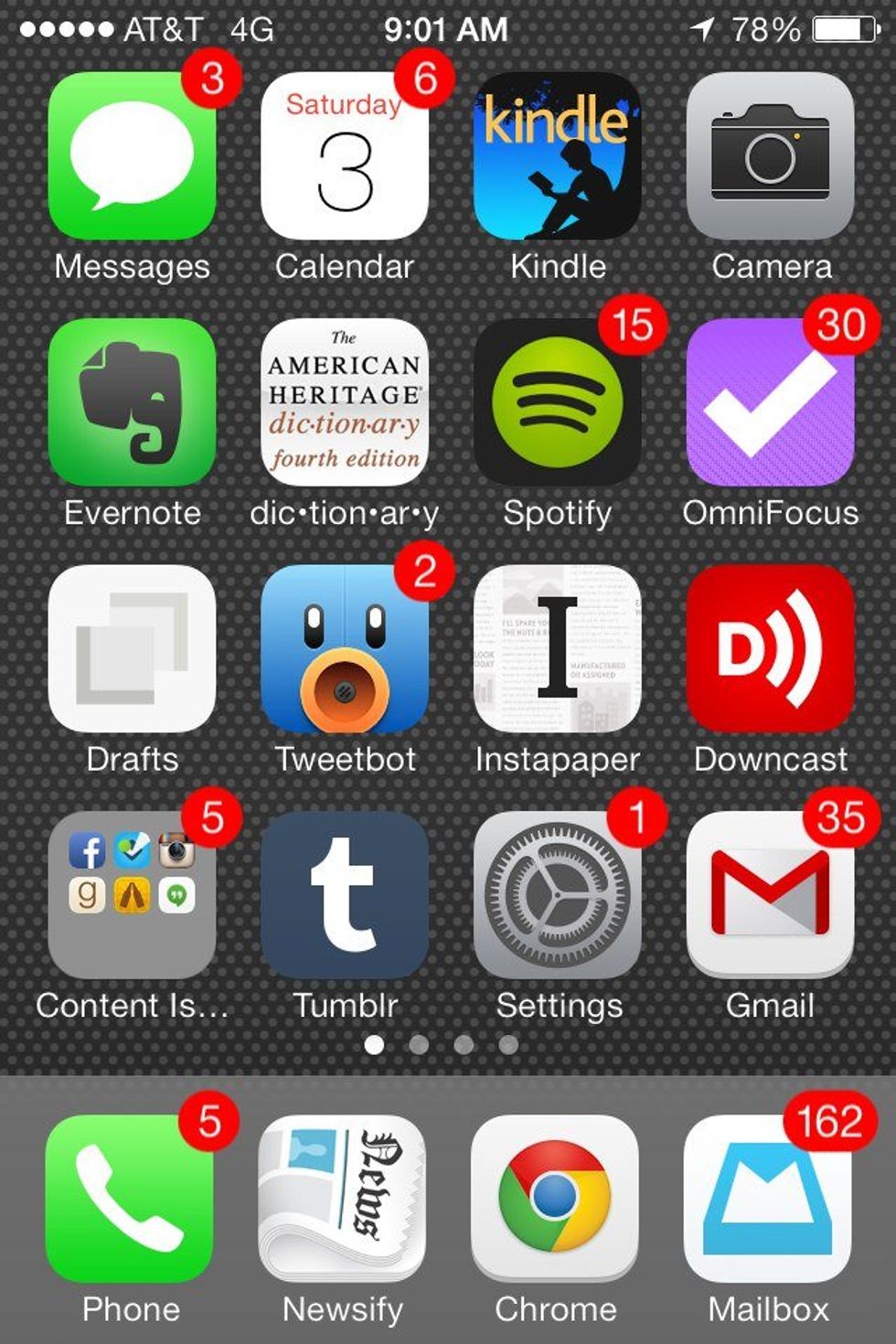You see that Facebook messenger chat head pop up, and you quickly drag it to the bottom of your screen to clear it. You see a text come in from a friend, but you read the majority of it on your notification bar and leave it unread until later. This happens with every other communication app too -- WhatsApp, GroupMe, Snapchat, and even sometimes your email. You may have even changed your privacy settings to turn off your message read status.
Welcome to 2016, a time when we are more connected than ever yet remain notoriously unreliable when it comes to communicating with others. It seems that the easier it is to reach out to others, the lazier we have become. By being available to others 24/7, we find ourselves in a weird in-between where we want to be virtually social but also still want to be able to shut out technology, the Internet, and other people whenever we want. Can we really have it both ways?
Communication is a two-way street, but technology comes off as if it's only about the interactions between you and your device. Maybe that's where the problem lies, since there are other, real-life people involved too. We are not sending texts, emails, and messages to cyberspace -- we are sending them to other people. Intuitively, we know this. That is why we try not to send replies too quickly or too late at night. When we reply after some long delay, we always start with an apology and then offer some excuse for why we couldn't reply: we were 'busy' or on the go or our phone/laptop/tablet was dead or we didn't have Internet. Etc etc etc. If you are a millennial, you have likely both heard and said all of these things at some point.
Recently I decided to reply to a bunch of emails, texts, and Facebook messages that I hadn't replied to yet or hadn't received replies (and was expecting to). Of course, I started out the email/text/FB message with the cliche "Sorry for the late reply" but then picked up the conversation right where it left off. I started noticing that others were doing the same to me. It's like "sorry" has come to be expected as part of our greetings to each other, right after "hi, how are you?"
Why do we hide from people's messages, yet feel like we can cancel plans last-minute? Maybe technology is to blame, for making instantaneous communication the norm. Maybe it's us, for assuming that other people should read and reply to our messages ASAP while not giving the same courtesy to others.
This is something we can try to change. First, let's stop apologizing for ignoring messages from other people as if we don't know that we are doing so. Instead, let's try to reply to people within a few hours of getting their texts, and within 24 hours of getting their emails. It's okay to prioritize contacts, but with general friends, acquaintances, mentors, and network contacts, putting them off can send a clear message that they don't matter to you. Don't make excuses for yourself, either -- everyone's busy, and everyone knows how to use a phone charger.
Second, let's stop having unrealistic expectations -- of others and ourselves. If we hold ourselves to the same standards that we hold others to, fine. But, if people aren't replying as often as you'd like them to, maybe that's a sign that you aren't being the most reliable communicator either. Expectations also have to be realistic. Don't expect the most timely responses from anyone during the summer, since everyone's schedule is likely off. Depending on if you're reaching out to business or personal contacts, be mindful of if you're sending your messages on weekends or during evening hours. Try not to lose patience or faith in people who don't reply, and don't be too hard on yourself for putting off that follow-up email for a week or month too late. We're all learning how to deal with the increasing presence of technology in our lives, and we're all striving for better work-life balances. Of course, learning takes time, practice, and perseverance.





















